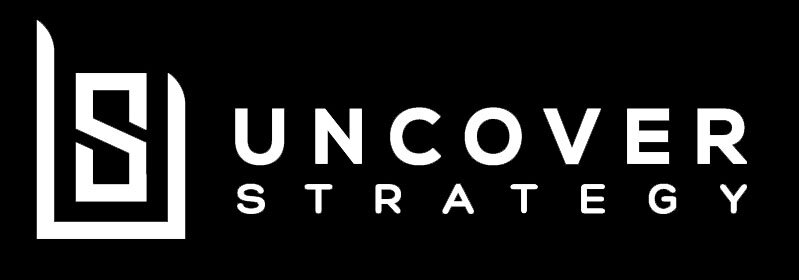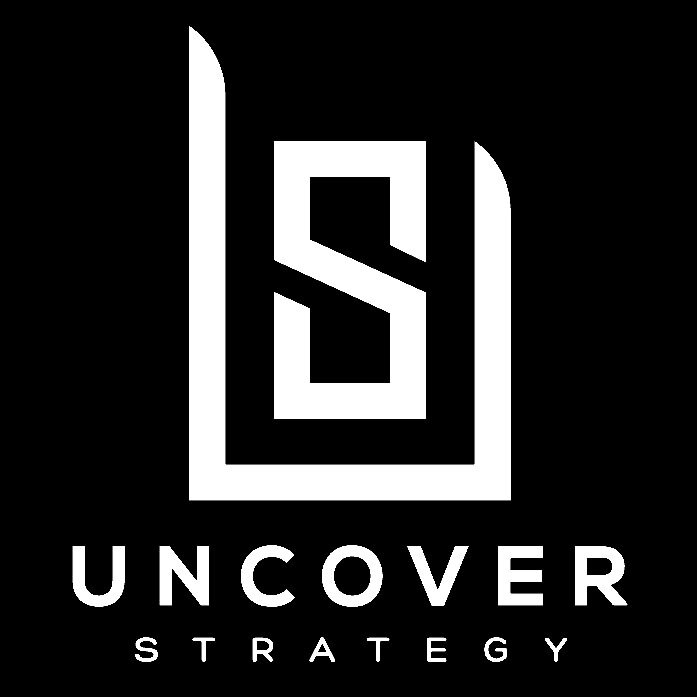3 Strategic Career Tips from an Ex-SpaceX Manager - Interview with Nicholas Lindsay
B̶o̶u̶n̶d̶a̶r̶i̶e̶s̶
“My parents told me that I pointed at something on the TV about space when I was just two-year old. Since then, I was hooked with the industry.”
SpaceX Falcon 9 rocket lifted off from Space Launch Complex 40 on Florida’s Cape Canaveral Air Force Station (Source: NASA/Kim Shiflett)
It would have been a blatant understatement to say that I was super excited to hear when Nicholas Lindsay, Chief of Staff from Gilmour Space Technologies, said yes to a call with me. Following the University of Queensland Innovation and Entrepreneurship Society organized Q&A events a few weeks back, we connected. Gilmour Space is the largest sovereign space manufacturer of rockets and is pushing the boundaries of the Australian Space Industry. Previously, Nicholas was the Product Manager for Cargo Dragon and subsequently Director of Spacecraft Production at SpaceX, and has served 12 years in the U.S. Navy in various aviation and aerospace engineering roles.
Continue reading to find out about Nicholas's incredible career trajectory, including strategic tips that are too valuable, not to share.
1. Persistence.
Aerospace is all that ever got him excited, says Nicholas.
Setting his target on becoming a pilot in the US Naval Academy, he soon held the long-awaited completion letter of having become a successful pilot in his hand. However, walking from the hangar to his car in 2007 that day, letter in hand, Nicholas realized something. He had that feeling that he was not satisfied. Sitting in his car, thinking about the military and the sense of sometimes feeling like “you are a number” in this environment, he craved more.
He craved something that he so desperately wanted.
Impact.
I had to smile when Nicholas told me the story of how he found SpaceX while admiring the persistence he kept up during the process.
Source: Simon Beuse, 2022
He made the decision to get out of the Navy.
But what now? Where do I go?
Nicholas prepped an 85-item Excel spreadsheet to attack this new goal. What those 85 items on that list were, you ask? They were all employers he applied to.
Crushingly, 83 companies on that list basically told him “no”.
I mean…imagine! You apply to so many companies—and might be expecting declines. But that many?
And the 84th company? 7-Eleven. And even they declined after an initial interview.
But as tip #3 below expressed - this was a good thing. The last one worked out. That last company on the list, number 85 was the one he stuck with. And he found them at a small booth at a career fair in Dallas, Texas: The then-small space company of SpaceX.
How crushing must it be to apply to all these companies, and be rejected? Even by the known quick-coffee convenience king 7-Eleven?
But in the end, Nicholas succeeded. One of those ingredients? You could argue that there is always a bit of luck, but one could also argue the real magic ingredient here was his willingness to persist, increasing the chance of his luck substantially.
This persistence is also apparent throughout his further career path as we will describe below.
2. Jump at exciting, new opportunities.
The first thing Nicholas told me during our first chat was this: “Jump at exciting, new opportunities”.
What sounds interesting, challenging, and fun to you? What gets your creative juices flowing?
If something exciting comes up, you should seriously consider it, Nicholas says.
When he joined SpaceX in 2009 as a graduate engineer, something about an intern at the time hit him. The intern was tasked with training Nicholas. And most interestingly, Nicholas quickly realized that the young intern knew far, far more than he did.
One could say that is a bit odd. But it resembled something. That you often learn more on the job. And that you should throw yourself into challenges while pulling in and sourcing the information and resources you need in that very moment. So Nicholas threw himself into the first engineering task that he was given: Completely redesigning an important part that currently was simply too expensive to buy off the shelves.
He had a slight problem, however. Where the heck would he actually start.
While he said he did not really pay attention in class when this topic was discussed, he sprang into absorption mode, reading and studying the topic now that he needed to. The result? A vastly improved, reliant new piece of engineering forming part of future SpaceX rocket engine testing. Many stories like these can be told. Even when Elon gave the team the incredible challenge, Nicholas said, to bring back a rocket safely to earth. In the end, they succeeded. Even though in the moment of the launch (and many others) all he kept saying to himself was “Please work!”.
And they made it work.
Nicholas accelerated in his career at the firm. Moving from test engineer work to more managerial positions, to being offered the position of Director of Spacecraft Production at SpaceX. Again, something that sounded super exciting, but Nicholas felt he wasn’t ready for with the experience that he had. Regardless, he took up that new opportunity. And made it work again.
Throughout our talk, Nicholas showed further repetition of this success pattern. Either when he eventually started flying as a co-pilot and joining a small airline located next to SpaceX or when he made the exciting decision to come to the land down under (see video).
All this keeps coming back to one of his tips: Jump at exciting, new opportunities.
3. Role not working out? Something else exciting will be behind it.
Throughout our talk, Nicholas touched on many occasions where he was sought out by companies offering him positions. Sometimes, the positions he really wanted, however, did not work out (see example in tip #1). And that needs to be expected and normal. This is the way to learn (and one could argue the way “realized strategy” emerges, as we discussed in this blog article). But it was also his luck, allowing him to find SpaceX.
When Nicholas left SpaceX after nine years, he jumped at the next exciting opportunity we already described: Joining a small airline. But there was more after that. He started working for the US Navy Reserve as an Aerospace Maintenance Duty Officer, then moving to an Aerospace Engineering Duty Officer. Being in the US Navy Reserve for nine years, again, Nicholas really did not know what to do next.
That was when Gilmour Space reached out to him asking to make the move to Australia and join their team.
An exciting new opportunity, emerging right when he was in most doubt about what he wanted to do. And after discussing with his partner, was the new exciting thing that they together decided to do now.
Now living in the country he describes as “sunny, beaches and friendly people” in the video above, one can learn to remember that some things do not pan out the way you want them to. But something else will always be right behind it.
Interested? Join Their Australian Team.
Gilmour Space is expanding rapidly. And they are looking for people with a passion for the space industry.
Check out their web presence to see their offerings. They are as diverse as PLENTIFUL, including many graduate positions (for my colleagues in the engineering faculties at universities here in Australia).
Reach out to Gilmour Space to learn more and get to know this passionate team.
Gilmour Space is hiring rapidly—including many entry positions for recent graduates. Check out their careers page here.
Source: gspacetech.com, 2022
Thank you.
Feeling super energized after our talk, I truly appreciate taking time out of your busy schedule. It was incredible to hear, including the calmness you expressed throughout our chat, and how you were thinking and acting. I hope to imagine our readers finding this short insight into our chat helpful, and I hope to see you again one day. Either in Australia or Germany.





